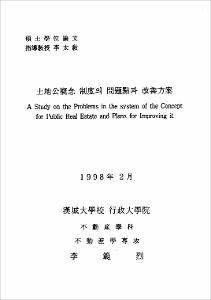일본의 군사력증강과 한국의 대응방안 연구
= Japan`s Military Build-up and Korea`s Countermeasure research
- Files in This Item:
-
-
Download
 000000066411.pdf
기타 데이터 / 2.92 MB / Adobe PDF
000000066411.pdf
기타 데이터 / 2.92 MB / Adobe PDF
-
Items in Repository are protected by copyright, with all rights reserved, unless otherwise indicated.